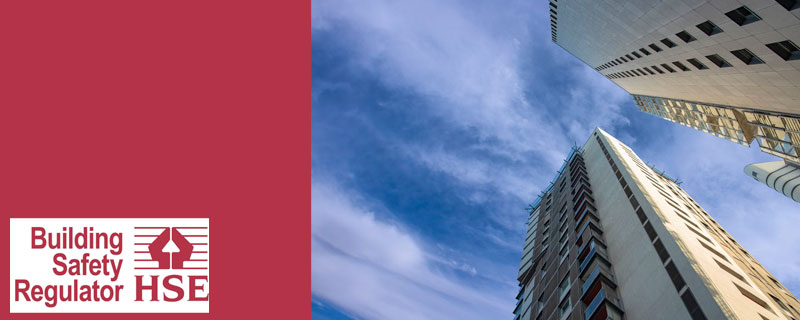BSR: Regulation without Safety Compromise
The Building Safety Regulator’s near-impossible balancing act
Originally implemented to tackle safety concerns in light of the devastating Grenfell fire, the Building Safety Regulator (BSR) has now been accused of hamstringing developments in the capital.
Delays in the system are currently “undermining investor confidence” in the sector, “holding back the delivery of new homes and adding to uncertainty for residents”, head of the British Property Federation, Melanie Leech, said.
Just 871 affordable homes have been built in the capital since 2021 – just over five per cent of the current housebuilding target, which has a deadline of March 2030.
It is just over three per cent of the capital’s original housing target, which had to be reduced this May in the face of “difficult conditions”.
Critics have argued that a key part of the slow planning process is the BSR, which often takes far longer than its target of eight weeks to decide on an application.
“If you are a developer and you’ve got a scheme of five to 800 homes, and you’ve taken you a year to get planning… and it takes you another year to get building control sign off… interest charges will go up, the scheme becomes unviable, you lose your finance,” Mace chief Mark Reynolds said at a select committee meeting about the BSR earlier this week.
The body has to contend with an unenviable task: To ensure safety without choking the industry’s ability to deliver homes, particularly with the government’s target of 1.5m new homes.
New reforms aim to streamline the nascent system and help to loosen bottlenecks, but do they go far enough?
A ‘crucial cultural shift’
There is no question that the BSR is necessary to ensure the safety of high-rise buildings.
“The introduction of the building safety regulator is an absolutely crucial cultural shift in the market,” director of the cladding Safety Scheme Helen Fisher told the select committee.
“There is a cultural need for the construction industry to take the requirements of building safety regulation more seriously… [but] I don’t envy the job that the building safety regulator has had to come into,” she said.
New reforms have introduced a Fast Track Process to “enhance the review” of newbuild applications, and “pave the way” for the creation of a single construction regulator, as recommended by the Grenfell Tower Inquiry.
Pundits have said the changes “directly address” the delays in the process which had previously frustrated developers and slowed progress on housing delivery.
“It’s encouraging to see safety and speed being treated as complementary, not conflicting, priorities,” Neal Moy, MD of development finance at Paragon Bank, said.
Leech said that “we want to see a system that balances proportionate regulation without compromising safety… the new fast track process is important to unblock decisions quickly now.”
Chief of the construction plant-hire association (CPA), Steven Mulholland, also made the point that even if the BSR was fully streamlined, tax policies were also putting undue pressure on the sector ans pushing family-tun firms under.
“While Building Safety Regulator reforms are helpful, they won’t make a difference if the firms needed to do the building no longer exist,” Mudholland said.
Talking it out
The teething issues in the BSR are not a natural fault in a regulatory system.
“Despite all the user testing – and we worked closely with the industry in terms of testing things out – the reality is, it was taking longer to assess [applications] than was assumed in the business case,” HSE operational policy lead Annette Hall has said.
There have also been concerns about communication of complex issues like resource constraints and pipeline issues, something the government hopes to reverse with its current reforms.
“There are… things that we could do to improve communication and make sure that we’ve asked for applicants to be clear,” Reynolds said. “There has been some relaxation, but clearly the regulation doesn’t allow the regulator do that.”
“But this goes back to the issue of not working together at the beginning in the process… if governments go off in the behind closed doors and write regulations that can’t be implemented, it’s just going to impose delays and slow things down,” he added. “If we had transparency around reporting, that would make a lot of difference”.
Helen Fisher concluded that “transparency builds trust”.
“It will help us all understand where there are learnings to take place, where there’s greater understanding required, but also where there are operational issues.”
Fisher and Reynolds argue that the construction industry needs clarity to plan effectively and deliver homes. It is possible, if not certain, that recent reforms to the BSR will help to achieve it.
In the words of Steve Evans, it’s still “probably too early to tell” if the BSR can achieve balance.
“Many of the staff… will be moving across to the new executive agency. Our hope would be that that would be supported by experienced people from industry.”
By: Amber Murray
Source: City AM






Leave a Reply
Want to join the discussion?Feel free to contribute!